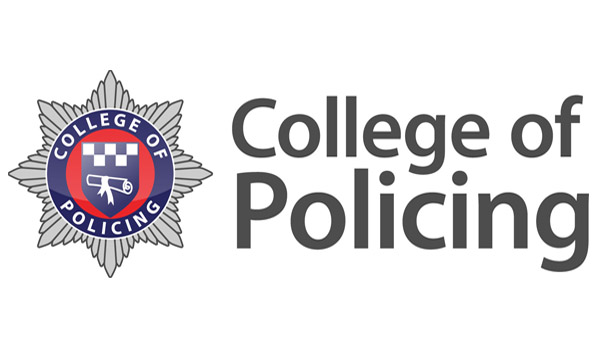Half of gross misconduct officers leave service before cases resolved
Almost 50 per cent of officers who left the police service following gross misconduct investigations either resigned or retired, new data has revealed.
Almost 50 per cent of officers who left the police service following gross misconduct investigations either resigned or retired, new data has revealed.
Of the 833 officers added to the College of Policings Disapproved Register designed to prevent disgraced officers from re-entering the service between its creation in 2013 and November 2015, 416 left before any misconduct proceedings concluded.
The numbers of those retiring or resigning declined over the two-year period, from 219 and 30 in 2013/14 to 150 and 20 in 2014/15 respectively.
This fall may be partially explained by a change to police regulations in January 2015, which prevented officers leaving when subject to gross misconduct investigations.
However, the change did not apply to investigations that began before the government order was introduced.
College standards manager Detective Superintendent Ray Marley said: The number of officers on the register represents a tiny percentage of the overall workforce which shows the level of misconduct across the service is low.
However, the police are not complacent and will continue to report any colleagues they believe have been involved in wrongdoing.
The police have more than six million interactions a year with the public and confidence is rising.
This is reflected by the Office for National Statistics which showed the proportion of adults who feel local police are doing a good or excellent job in 2013/14 was 63 per cent, compared to a positive rating ten years previously of 47 per cent.
The most common cause for being added to the Disapproved Register was failure to perform duty, at 107 cases, followed by data misuse at 89 and giving false evidence or lying at 74.
In total, 67 officers were struck off for forming relationships with vulnerable people, while 22 were accused of inappropriate sexual conduct towards colleagues.
Another 16 committed child sexual offences, and the number of officers added to the register for these crimes more than doubled from five to 11 between 2013/14 and 2014/15.
The only other misconduct category to see a rise was drink driving, which increased from 18 to 22 over the period.
This release marks the first time this data has been broken down on a force-by-force basis.
The Metropolitan Police Service had the most officers added to the Disapproved Register at 148 understandable given its size relative to other forces.
The Ministry of Defence Police placed second at 56, and Essex Police had the highest rate among county forces with 41.
Hampshire and Lancashire Constabularies, of similar sizes to Essex Police, had 21 and 14 cases added respectively.
Durham Constabulary had just one officer added to the register.
Essex Police Deputy Chief Constable Matthew Horne said: The people who often feel the most let down by colleagues doing wrong are the overwhelming number of officers who selflessly commit their working lives to keeping the people of Essex safe.
The fact that many of these cases are raised, investigated and adjudicated by Essex Police is something that the people of the county can take as firm evidence of the forces commitment to ensuring they get the police service they have every right to expect.
The figures were also broken down by rank, revealing that 697 of those who left the force were police constables.
While the number of PCs added dropped from 394 to 303 over the two years, the number of sergeants added rose from 45 to 47.
Another 29 inspectors were added, alongside nine chief inspectors, three superintendents and three chief superintendents.
The data also showed that the vast majority of misconduct cases stemmed from internal complaints and investigations, rather than public complaints.
Of the 369 misconduct cases recorded in 2014/15, 84 per cent began following reports from within the police service, and just 16 per cent came from elsewhere.
Ninety one per cent of cases in 2013/14 came from internal sources.
Det Supt Marley added: There is a misconception that police do no


